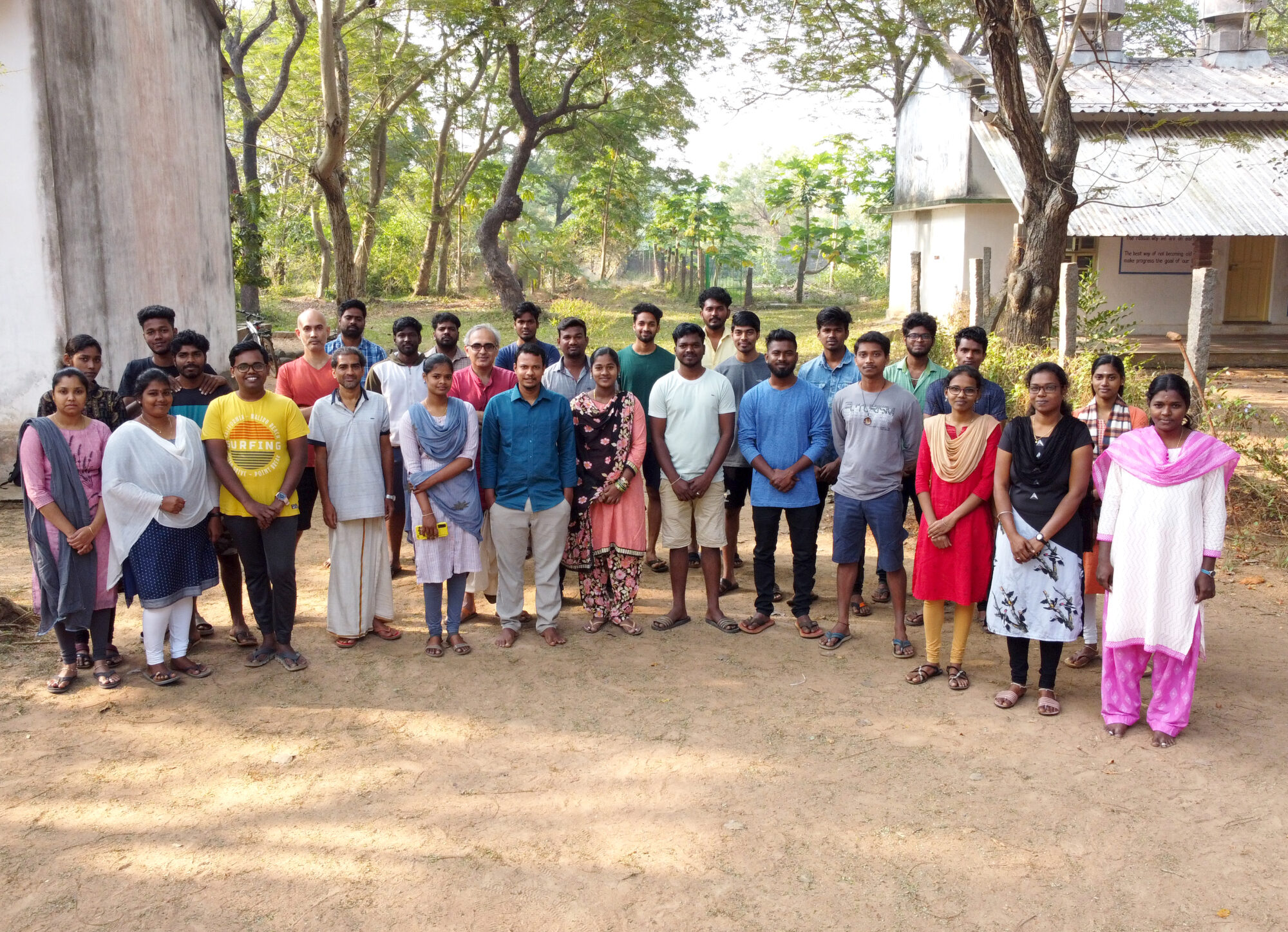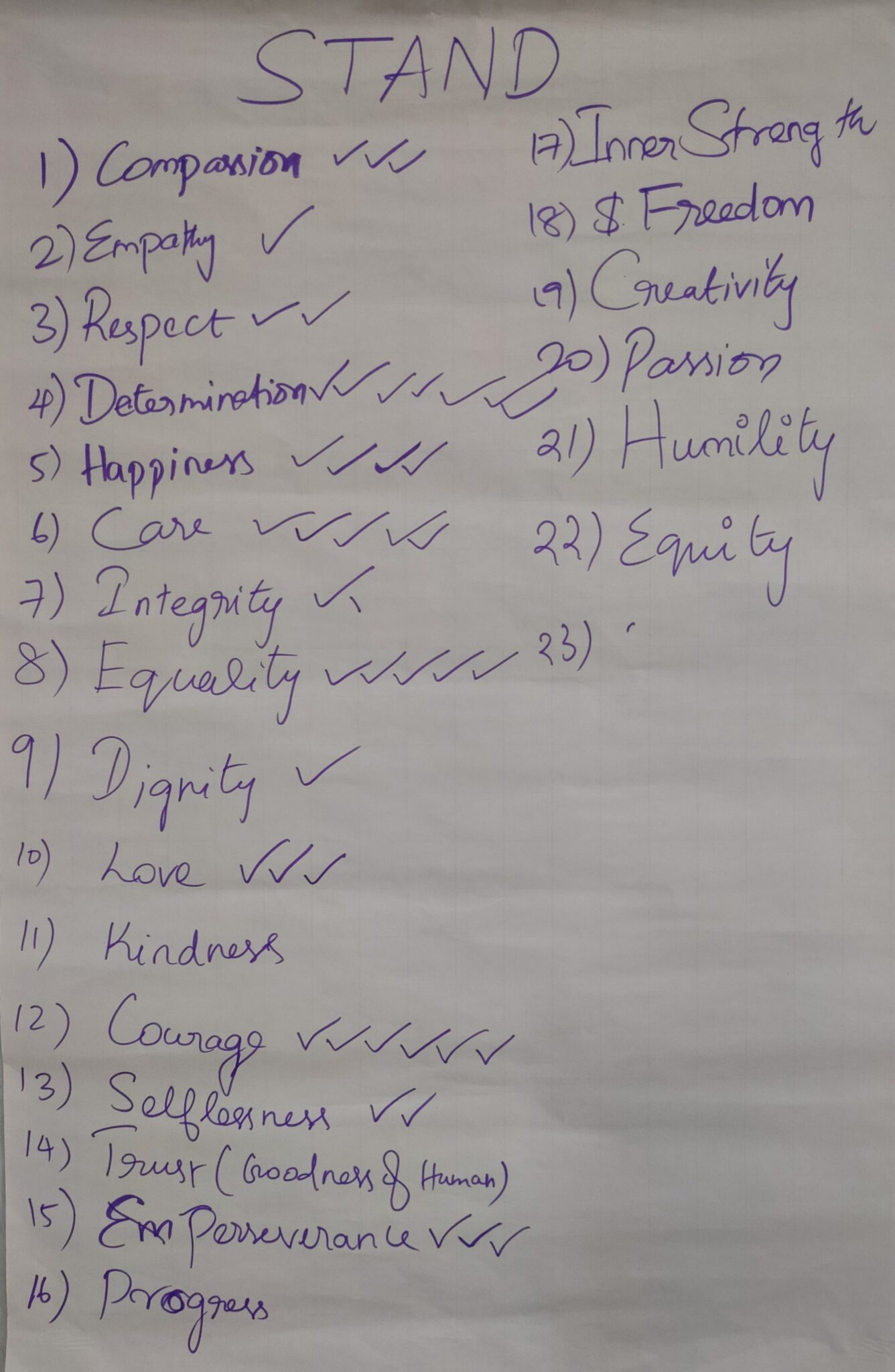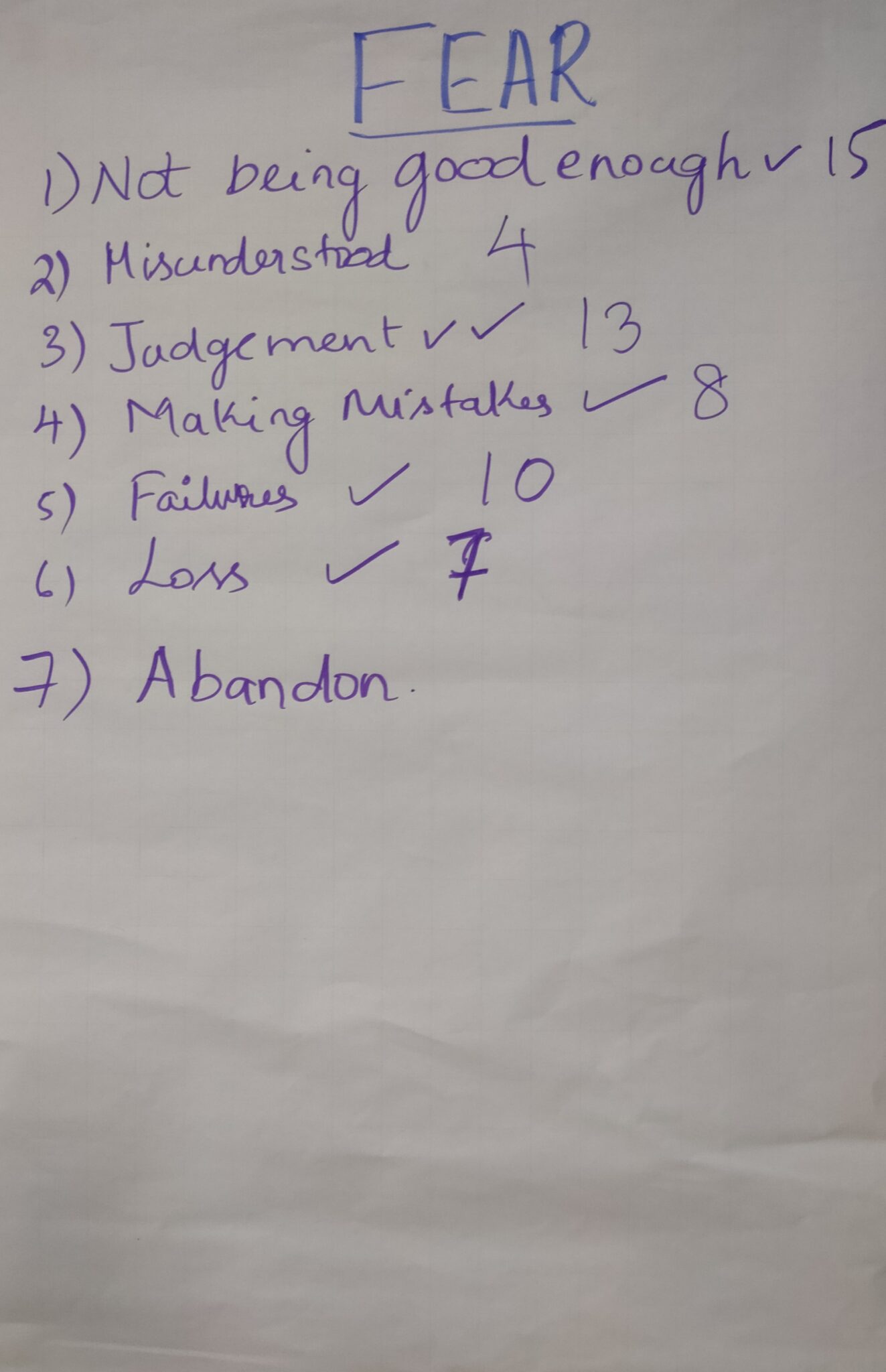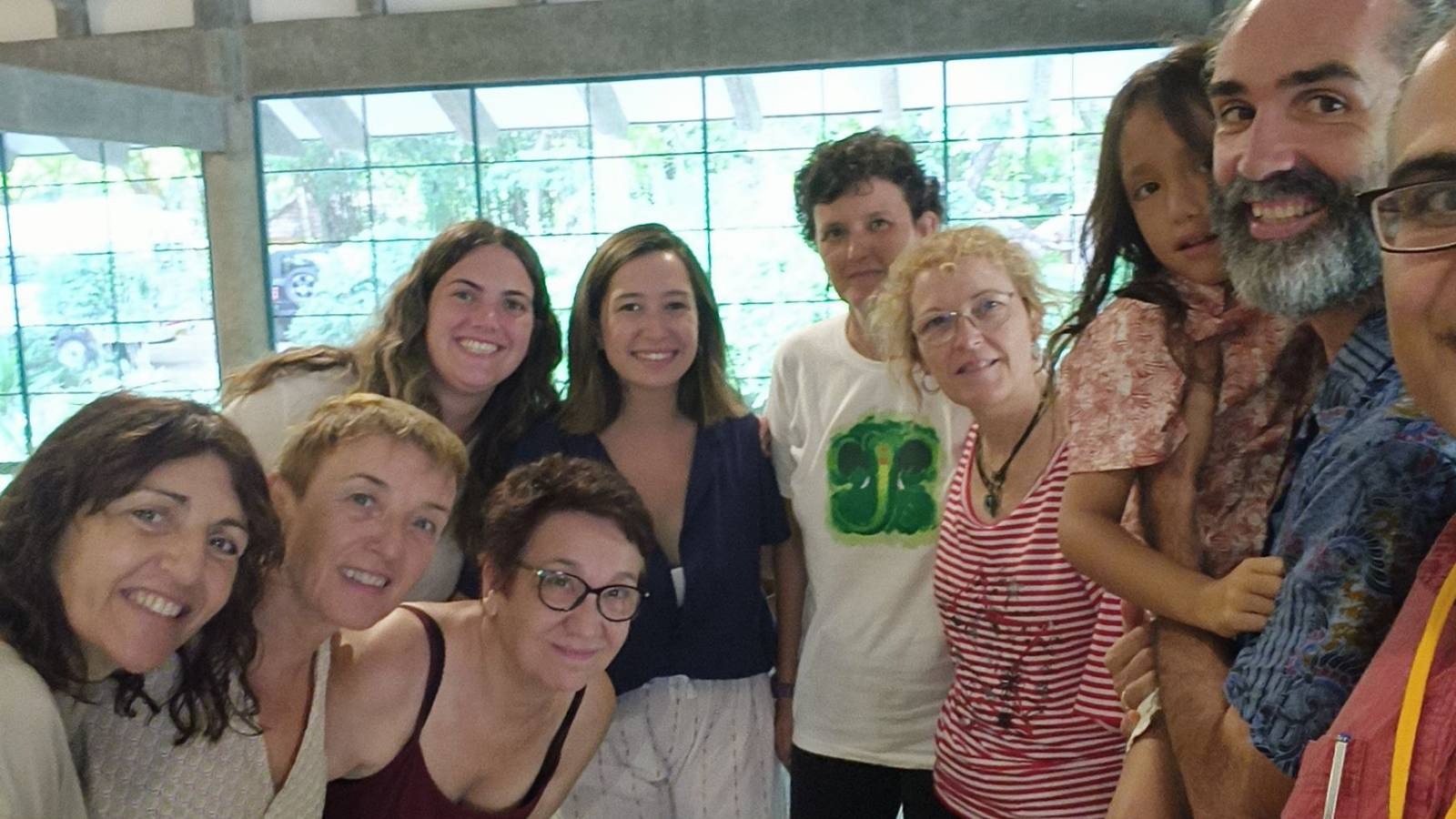On the 18th of August a group of students visited Stem land from Babaji Vvidyashram International School from Chennai visited STEM land. from Chennai The visit has organized a collaboration with the Mathegramming team along with seniors with the help of some volunteers from C3STREAM Land. The students had filled out a short questionnaire and had watched a video of C3STREAM Land before they came.
Sanjeev and the Mathegramming team have prepared various projects relevant to the 9th-grade level using study resources on Scratch and GeoGebra and also Radical Transformational Leadership tools to facilitate their the learning of the children learning in not only to give some idea about visual mathematics along with using programming but also to for students to discover who they were and to think challenge them and make their critical critically thinking, observe the pattern and work on their grow even better also develop their Leadership skills and knowing themselves well. The students were inspired by the session on the Universal values and socialized fears and they responded very well and also committed themselves fully in the session. The insights were processed by Sanjeev and it helped the students to know their inner capacity and what they care about while noticing what their socialized fears are. Who they are really and what are the fears they have.
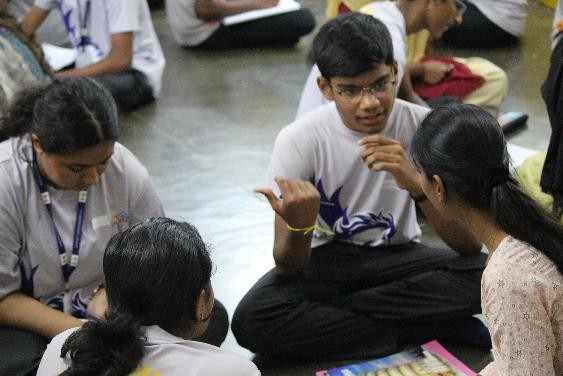
Students working with Practioner coaches in groups

While processing insights from the students
Reflection: When I look at the values that have come up in the stand I notice I want to embody all of them and it is a space of my full potential.
Reflection: I noticed that I often make decisions based on socialized fears and should focus more on my stand/values to transcend them.
The leadership session also dealt with what we learned — skills, competencies, and inner capacities. A competency is the ability of taking a skill to shift culture or systems in society. We looked at the programming skills they had an explored how this could be used to change the culture of how we learn Mathematics.

Programming skills of the students
We then worked on competencies and skills After the Leadership session the students started to work on the session on Mathegramming session along with the Mathegramming team and some seniors from C3streamland also. This looked at themes that students are expected to know from 9th grade and had a programming challenge to make it visual. We had on assimilating projects and create new ones with the help of Sanjeev and C3STREAM Land volunteers supported the students to make their learning more comfortable with some of the projects which are made by the Mathegramming team and seniors with the help of Sanjeev’s guidance and valuable feedbacks. Students were engaged very well and showed eagerness to learn something new they explored some materials that we use in stem land for teaching mathematics and they coordinated very well with the team and asked so many questions which made the session even more interesting and the students also shared about their learning about themselves after the session.
Reflection 1: I have memorized the Trigonometric ratios tables before after attending this Mathegramming session I felt very easy to do it with the visual project on GeoGebra.
Reflection 2: I have learned to do decimal multiplication in graph sheet which helped a lot to understand the concept clearly before I dont expose to this kind of visual mathematics now its giving me a strong confidence.

Students exploring the Trigonometry project on GeoGebra

Students exploring Set theory games along with scratch project
A sincere thanks from the Mathegramming team to Sanjeev, Ajay, Sri Bhavani, Rajesh, Sandhiya, and Durai and the seniors who helped organize this session. for this session to go well and also, they have sincerely put their time into this. The Mathegramming team feels grateful for the help which was given by the seniors who Not only with their time but also engaged themselves in this eagerness of learning something new. In this session, we felt we embodied our values of responsibility, equality, and the courage to create. Teaching experience for the school children really shows the responsibility and the eagerness to work with the children to make them more comfortable.
